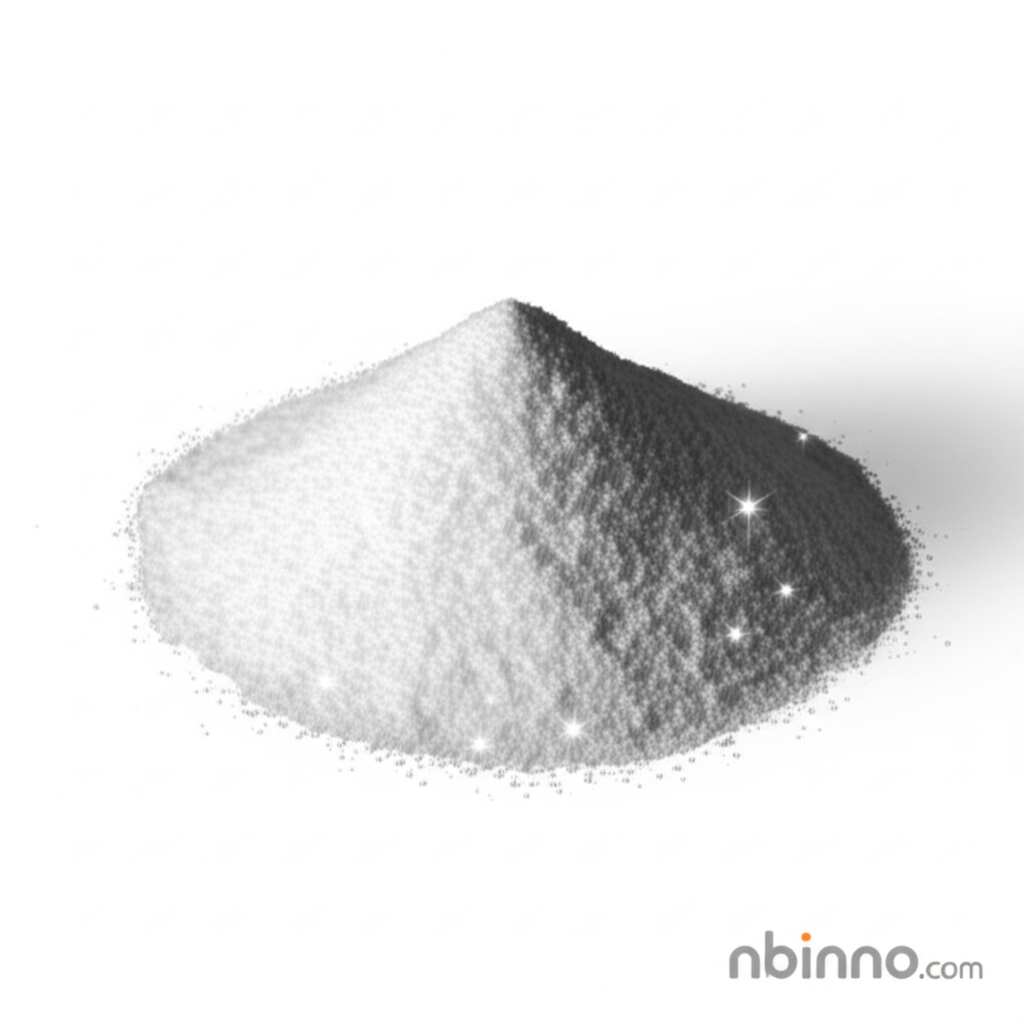Understanding Unsaturated Polyester Resins: Properties, Applications, and Advantages
Explore the versatile world of Unsaturated Polyester Resins and their crucial role in modern manufacturing.
Get a Quote & SampleProduct Core Value

Unsaturated Polyester Resin
Unsaturated Polyester Resins (UPRs) are a cornerstone of the advanced materials industry, offering a remarkable balance of mechanical strength, durability, and processing ease. Their unique chemical structure allows for thermosetting, resulting in robust and stable materials ideal for a wide array of demanding applications. These resins are synthesized through the reaction of dibasic organic acids with polyhydric alcohols, with maleic anhydride being a common raw material.
- The versatile uses of unsaturated polyester resin extend from construction to transportation, making it a highly sought-after material. The excellent tensile strength and bending strength contribute to the structural integrity of finished products.
- Understanding the UPR chemical structure reveals the basis for its impressive properties, including good impact strength and heat resistance. This makes it suitable for components subjected to stress and varying temperatures.
- The advantages of unsaturated polyester resin are numerous, particularly its excellent corrosion resistance and good electrical properties, which are vital in many industrial settings.
- Exploring the applications of polyester resin showcases its broad utility, from housing equipment and automotive parts to construction materials and infrastructure projects.
Key Advantages Offered
Exceptional Strength and Durability
UPRs provide superior tensile and bending strength, ensuring the longevity and reliability of products manufactured using them. This is a key factor when considering the advantages of unsaturated polyester resin for structural components.
Resilience and Resistance
With good impact strength and heat resistance, UPRs can withstand challenging environmental conditions and mechanical stress, a critical aspect of UPR chemical structure benefits.
Versatile Application Potential
The wide range of uses of unsaturated polyester resin highlights its adaptability. Whether for Glass Fiber Reinforced Plastics (FRP) or non-FRP applications like casting and coatings, UPRs deliver performance.
Key Applications
Glass Fiber Reinforced Plastics (FRP)
UPRs are predominantly used in FRP, where their properties contribute to lightweight yet strong materials crucial for the applications of polyester resin in transportation and construction.
Construction Materials
From roofing tiles to structural components, UPRs offer durability and weather resistance, demonstrating the practical benefits of their UPR chemical structure.
Housing Equipment
The excellent electrical properties and corrosion resistance make UPRs ideal for various housing equipment applications, showcasing the diverse uses of unsaturated polyester resin.
Automotive and Transportation
In the automotive sector, UPRs are used for body panels and components due to their strength-to-weight ratio and impact resistance, reflecting the advantages of unsaturated polyester resin.
